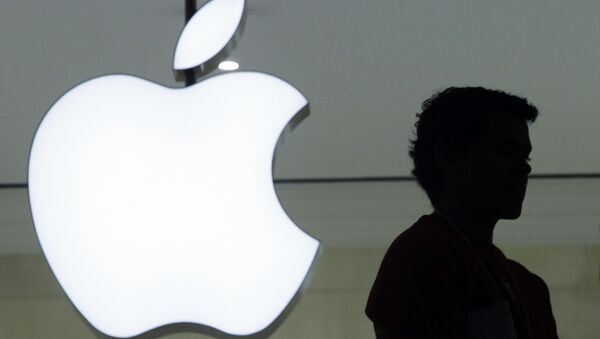In early August, US Trade Representative Robert Lighthizer said that US President Donald Trump had asked him to consider raising tariffs on $200 billion worth of Chinese goods, from 10 to 25 percent. On Friday, Trump said that the United States was ready to proceed with imposing additional tariffs on Chinese products worth an estimated $267 billion.
In a September 5 letter sent to the Office of the US Trade Representative, Apple argued that prices for the Mac mini desktop computer, the Apple Pencil stylus accessory for iPads, as well as chargers, adapters and tooling equipment used to manufacture some goods in the US will be affected by Trump's proposed tariffs on $200 billion worth of Chinese goods.
On July 9, the US Trade Representative imposed 10 percent tariffs on $200 billion worth of Chinese imports into the United States. The Trump administration previously slapped 25-percent tariffs on $34 billion worth of Chinese goods, prompting a similar response from Beijing.
In an earlier round of tariffs announced in June and actualized on July 6, the US announced 25 percent duties on $50 billion worth of Chinese goods, to which China predictably responded by imposing restrictions of its own on the the same amount of US imports.
"Our concern with these tariffs is that the US will be hardest hit, and that will result in lower US growth and competitiveness and higher prices for US consumers," Apple noted in its letter. According to a statement from the tech giant, the tariffs will increase the cost of Apple products by showing up as a tax on US goods.
"We hope, instead, that you will reconsider these measures and work to find other, more effective solutions that leave the US economy and US consumer stronger and healthier than ever before," Apple added.
According to Intel Corp, the world's second-largest chipmaker, Trump tariffs will also affect the ability of the US to dominate telecommunications technology, as well as fifth-generation phone networks, as computer and phone makers are an integral part of the Chinese manufacturing supply chain.
On Saturday, Trump suggested via Twitter that Apple prices could increase due to tariffs the US may impose on China, suggesting that to avoid his tariffs, Apple should simply switch to manufacturing all of its products stateside, instead of in China and other nations.



